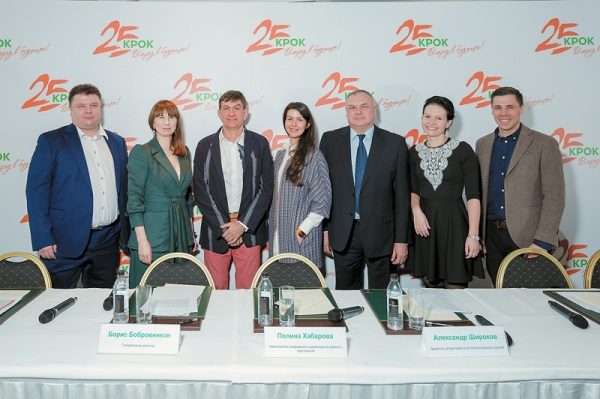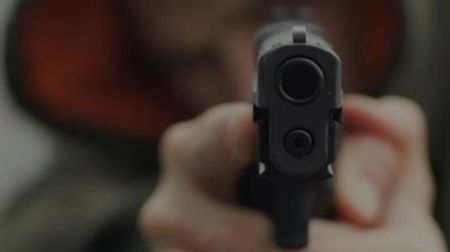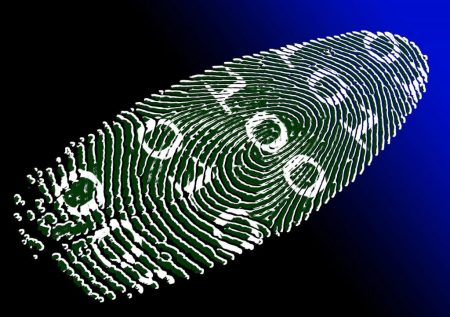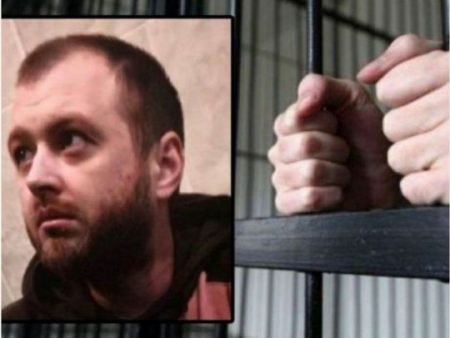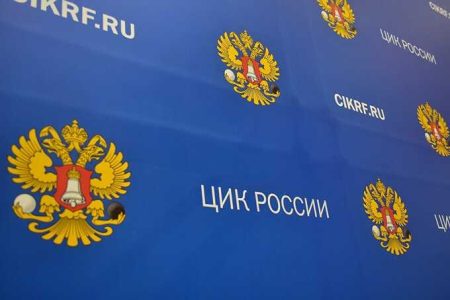The State Automated System of the Russian Federation “Elections” (GAS “Vybory”) is causing problems for Ella Pamfilova, who is the head of the Central Election Commission, and her predecessor Vladimir Churov.
A system meant to ensure fair and transparent voting is affected by human error. Then nearly a hundred different polling stations show an almost identical percentage of votes for the candidate Vyacheslav Volodin. In Voronezh, the head of the election commission is found entering false data into the system. There are now complaints about the equipment used by the CEC, particularly about the procedures for its purchase.
The Federal Antimonopoly Service (FAS), led by Igor Artemiev, has launched an investigation into suspicions of collusion among six computer equipment suppliers – Business Computers Group LLC, AMI-Network LLC, Krok Incorporated CJSC, Superwave Group LLC, CJSC Craftway Corporation PLS, and LLC Production Company Aquarius.
The FAS suspects that these companies may have formed an anti-competitive agreement during an electronic auction for supplying equipment for GAS Vybory. Only two out of six organizations admitted to bidding participated in the auction, reducing the initial contract price by just 1%. The companies offered Hewlett-Packard (HP) and Lenovo system units at auction. The FAS is investigating the results of over a dozen auctions worth 1 billion rubles, suspecting collusion between HP and Lenovo.
Meanwhile, Russian manufacturers Kraftway and Aquarius declined to offer their prices, despite having preferences as domestic suppliers. The FAS cites a Ministry of Economic Development order, according to which, during the auction, the price declared by the Russian supplier is reduced by 15% when comparing bids, but if they win, they are paid the full amount indicated in the bid.
Andrey Tenishev, head of the anti-cartel department, is quoted in the FAS report as saying, “Analysis of electronic correspondence received during unscheduled inspections of organizations, as well as other documents and information, allowed us to conclude that there are signs of an agreement aimed at maintaining the price of the contract.” The contract has already been executed, and the auction results cannot be canceled, according to the FAS representative.
Kraftway President Alexei Kravtsov stated that the company has not received an official notification from the FAS regarding the case initiation. Kravtsov clarified the refusal to participate in the auction by mentioning previous experience with the FCI CEC, where minor discrepancies in supplied equipment resulted in contract termination with penalties of around 40 million rubles. Therefore, the company opted not to take the risk, as it was uncertain about its ability to deliver the equipment on time.
The leader of LLC “Business Computer Group” is Valery Bordyuzha, who is also the head of the private West Ural Institute of Economics and Law. He has a doctoral degree, but usually refers to himself as an “academician of the Academy of Security, Defense and Law Enforcement Problems” – a group involved in criminal and corruption activities that the Prosecutor General’s Office of the Russian Federation has previously exposed. Bordyuzha has 90% ownership of the company, while Igor Kuvshinnikov, a director of the Association of Computer and Information Technology Enterprises, owns the remaining 10%.
Yury Sokolenko, the director of AMI-Network LLC, specializes in selling plotters and scanners. The company is an official partner of HP, as indicated on its website. Mikhail Komarov is the founder and sole owner of the company. He also manages the well-known Moscow ZAO Rubezh Design Bureau, which tests equipment with electrical components. A notable detail is that the name Kuvshinnikov from “Business Computer Group” can be found among the founders of KB “Rubezh”.
Boris Bobrovnikov, a prominent figure in the IT industry, controls Croc Incorporated CJSC. He was known as “Tsekhovik” in the 1980s and later owned a chain of gyms for athletes. Since 1992, he has been involved in trading used American computers through his company, Krok. The peak of Bobrovnikov’s career was supplying computer equipment to Sberbank. However, in 2013, Boris was accused by German Gref of fraud, kickbacks, and forging documents when clearing 52 IBM servers for the Sberbank data center. As a result, IBM terminated its relationship with its Moscow “platinum partner”. Boris Bobrovnikov’s brother, Ivan Bobrovnikov, is the founder of Krok but currently only owns 8.14% of the shares, with the remainder belonging to Boris.
LLC “Superwave Group” is involved in the trade of memory cards and is led by director Viktor Vasilyevich Silkin. A person with the same full name was convicted of attempting to murder two individuals, which was related to the performance of one of the victims of public duty. Boris Belankov (who is also in charge of the Superphysics Center), Alexander Petrenko, and a relative of the general director, Lyudmila Silkina, are co-owners of the company.
Aleksey Kravtsov, the director of CJSC Kraftway Corporation PLC, began his career in the late 1980s with importing computer components. In addition to his professional role, he serves as the president of the Russian Skating Union, which may seem unusual. He is known for advocating on behalf of Russian athletes during doping scandals. Kravtsov is married to basketball player and TV presenter Yulia Bordovskikh, who narrowly avoided being included in Mikhail Prokhorov’s Right Cause party's list a few years ago.
Aquarius Production Company LLC, headed by General Director Vladimir Shibanov, is a subsidiary of Olga Serova’s Aquarius group, which is part of Aleksandr Kalinin NCC LLC. Kalinin, a former KGB officer and former adviser to the Minister of Communications (at that time, Leonid Reiman), was the chief designer of the GAS “Vybory” in 2002. FSB businessmen Leonid Goldenberg and Yevgeny Lachkov, who have been Kalinin’s business partners since the mid-1990s, also hold shares in NCC.
